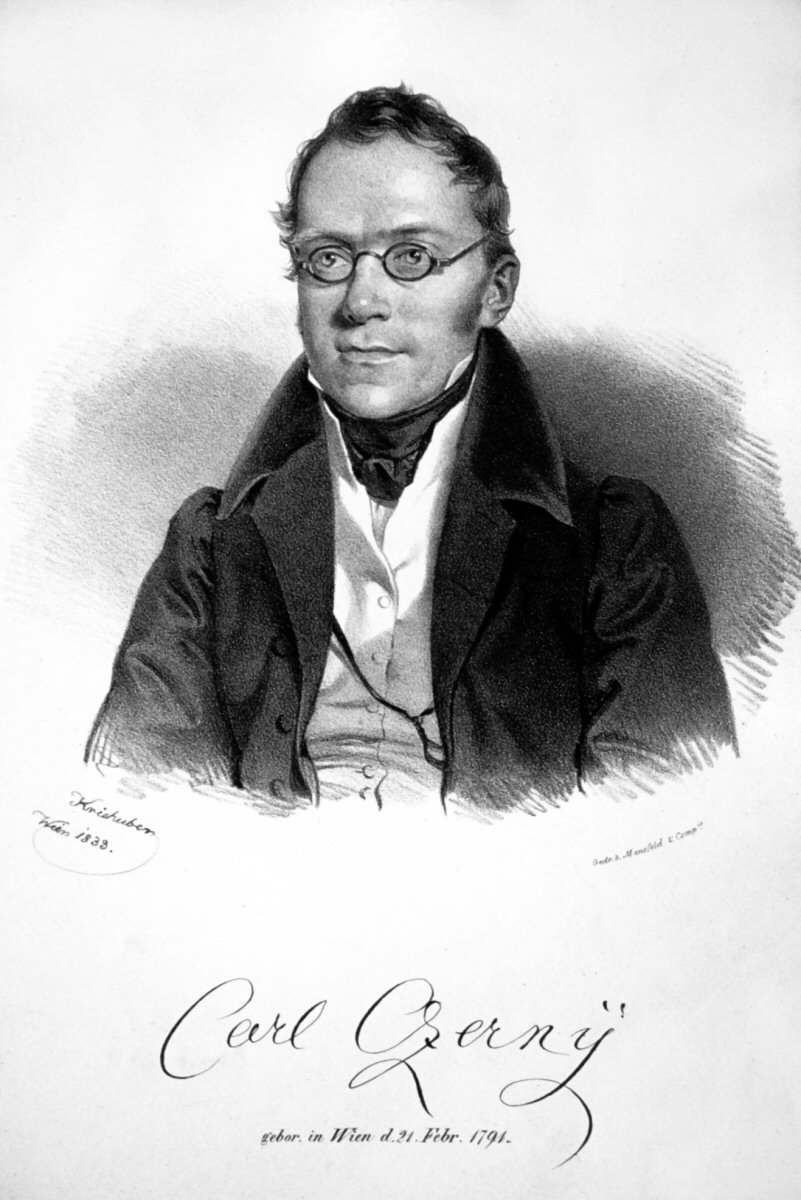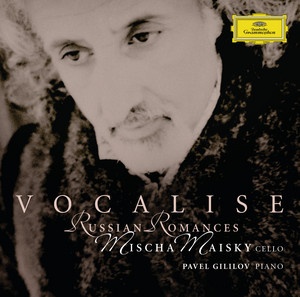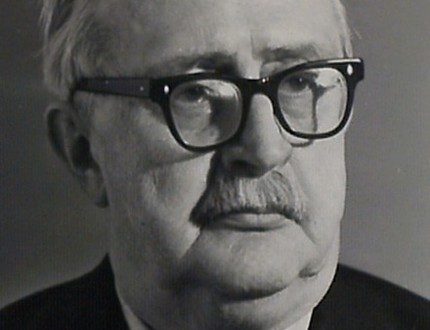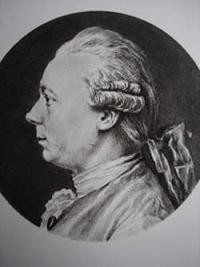
Carl Czerny |
Carl Czerny
Czech by nationality. Son and student of the pianist and teacher Wenzel (Wenceslas) Czerny (1750-1832). He studied piano with L. Beethoven (1800-03). He has been performing since the age of 9. The formation of Czerny as a performer was influenced by I. N. Hummel, as a teacher – by M. Clementi. With the exception of short-term concert trips to Leipzig (1836), Paris and London (1837), as well as a visit to Odessa (1846), he worked in Vienna. Czerny created one of the largest piano schools of the first half of the 1th century. Among the students are F. Liszt, S. Thalberg, T. Döhler, T. Kullak, T. Leshetitsky.
He has written many works for various ensembles of performers and in various genres, including sacred ones (24 masses, 4 requiems, 300 graduals, offertorias, etc.), compositions for the orchestra, chamber instrumental ensembles, choirs, songs for one and several voices and musical numbers for drama theater performances. The best known are Czerny’s works for pianoforte; some of them use Czech folk melodies (“Variations on an original Czech theme” – “Variations sur un theme original de Boheme”; “Czech folk song with variations” – “Böhmisches Volkslied mit Variationen”). Many of Czerny’s works remained in manuscript (they are stored in the archives of the Society of Friends of Music in Vienna).
Czerny’s contribution to instructive and pedagogical literature for the piano is especially significant. He owns numerous etudes and exercises, from which he compiled collections, schools, including compositions of varying degrees of difficulty, aimed at the systematic mastery of various methods of piano playing and contributing to fluency and strengthening of the fingers. His collection “Big Piano School” op. 500 contains a number of valuable guidelines and a detailed addition devoted to the performance of old and new piano compositions – “Die Kunst des Vortrags der dlteren und neueren Klavierkompositionen” (c. 1846).
Czerny owns the editions of many piano works, including the Well-Tempered Clavier by J. S. Bach and the sonatas of D. Scarlatti, as well as piano transcriptions of operas, oratorios, symphonies and overtures for 2-4 manual performance and for 8- manual for 2 pianos. More than 1000 of his works have been published.
Literature: Terentyeva H., Karl Czerny and his studies, L., 1978.
Ya. I. Milshtein





